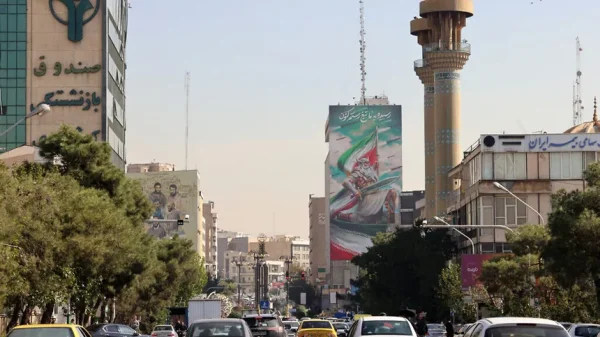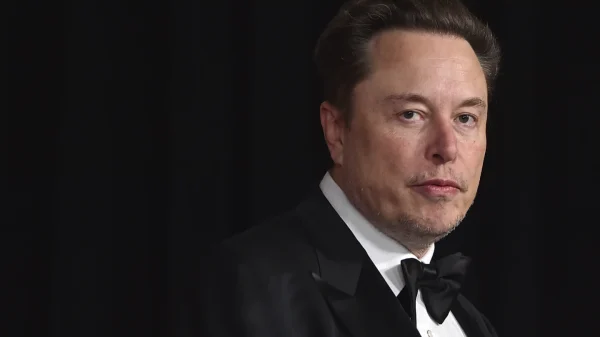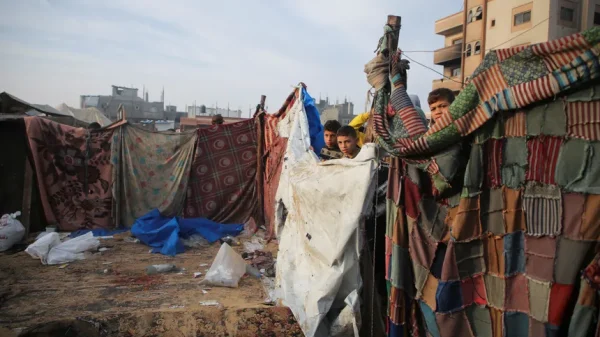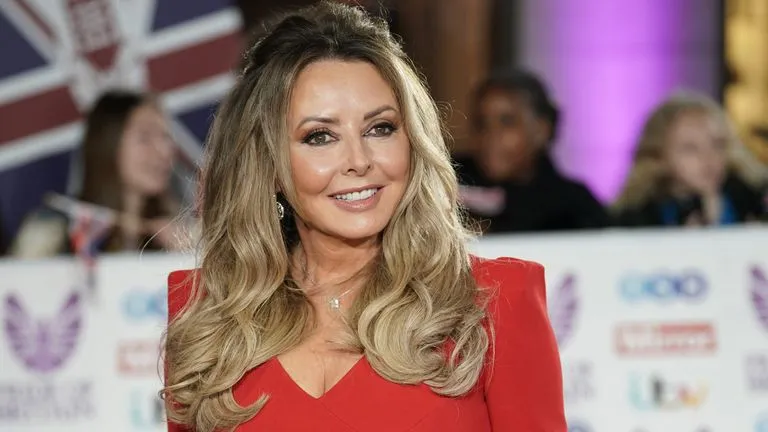Carol Vorderman’s recent speech at the Edinburgh TV Festival sparked a heated debate on the state of the television industry and its impact on society. As a television personality who has been in the industry for decades, Vorderman delivered a passionate critique of the BBC’s recent controversies and the declining trust in the corporation. She argued that television has become a reflection of society’s divided classes, with the rich and powerful holding sway over the airwaves.
Vorderman referenced the recent scandals involving Huw Edwards and Gary Lineker, which she believes have contributed to a decline in trust in the corporation. She also highlighted the lack of representation of working-class voices in television, citing Ofcom figures that showed fewer than half of young people watch live television in an average week. According to Vorderman, this lack of representation is not only limited to television, but also extends to other forms of media and society as a whole.
Growing up in poverty in Wales, Vorderman spoke from a position of personal experience, highlighting the importance of representation and the need for the industry to cater to the needs and concerns of working-class people. She lamented the rise of social media and its impact on the television industry, noting that while it has created a platform for working-class voices to be heard, it has also contributed to the decline of traditional broadcasting.
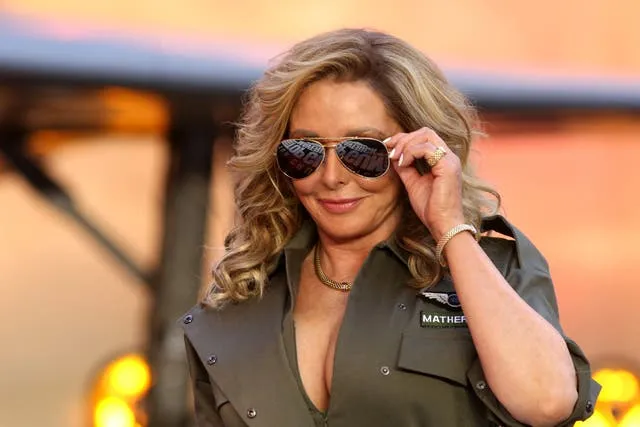
Carol Vorderman (Image via Getty)
Vorderman’s speech was not without controversy, as she criticized the BBC’s handling of recent scandals and accused the corporation of perpetuating class divisions. In an interview with Loose Women star Charlene White after the session, Vorderman reiterated her concerns about the TV industry’s role in perpetuating class divisions and called on executives to “get out more” in the regions. She also discussed her decision to become more outspoken, citing her frustration with the lack of representation of working-class voices in the media.
Vorderman’s words have sparked a national conversation about the need for greater diversity and representation in the television industry. Her call to action for the industry to take responsibility for its role in shaping society is a timely reminder of the need for change in the media terrain. As Vorderman herself noted, television is no longer a reflection of society, but rather a reflection of the interests of those who hold the power.
The BBC, in particular, has come under fire for its handling of recent scandals and its lack of representation of working-class voices. Vorderman’s comments have been met with both support and criticism, with some arguing that she was unfairly targeting the corporation. However, her words have also sparked a much-needed conversation about the need for greater diversity and representation in the television industry.
Ultimately, Vorderman’s speech serves as a reminder of the importance of representation and the need for the television industry to cater to the needs and concerns of working-class people. Her words have sparked a national conversation about the state of the industry and its impact on society, and it remains to be seen whether the industry will take heed of her call to action.








